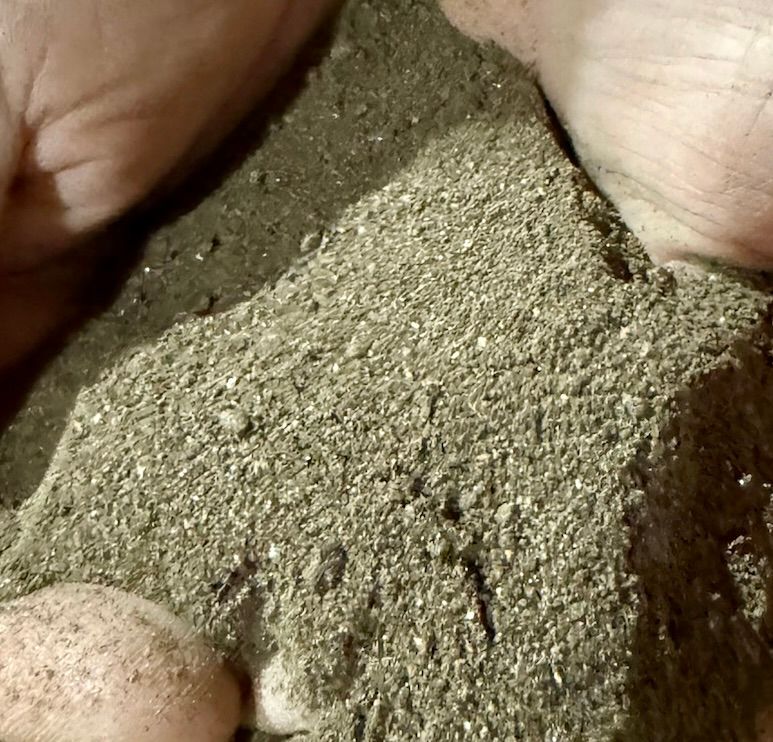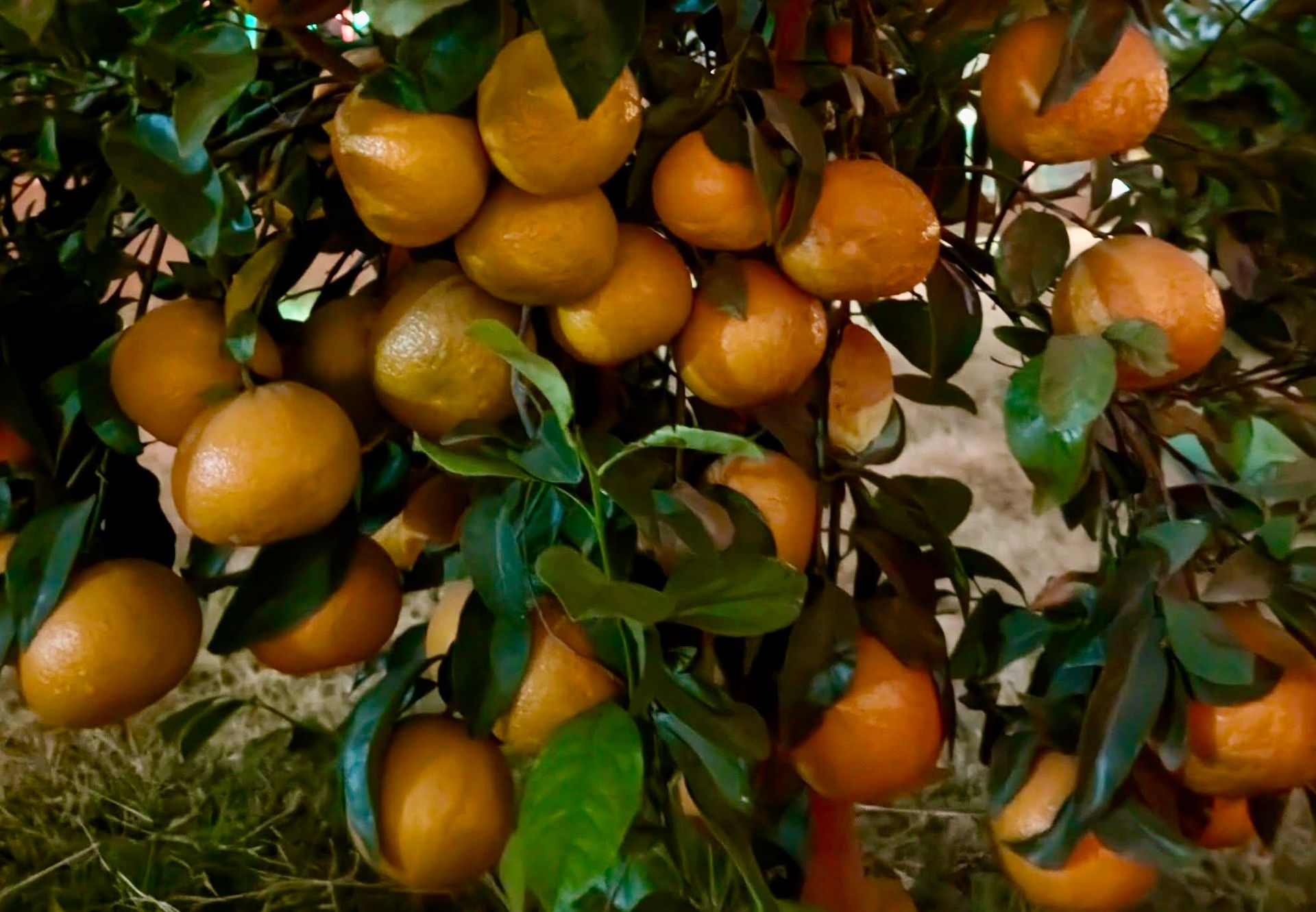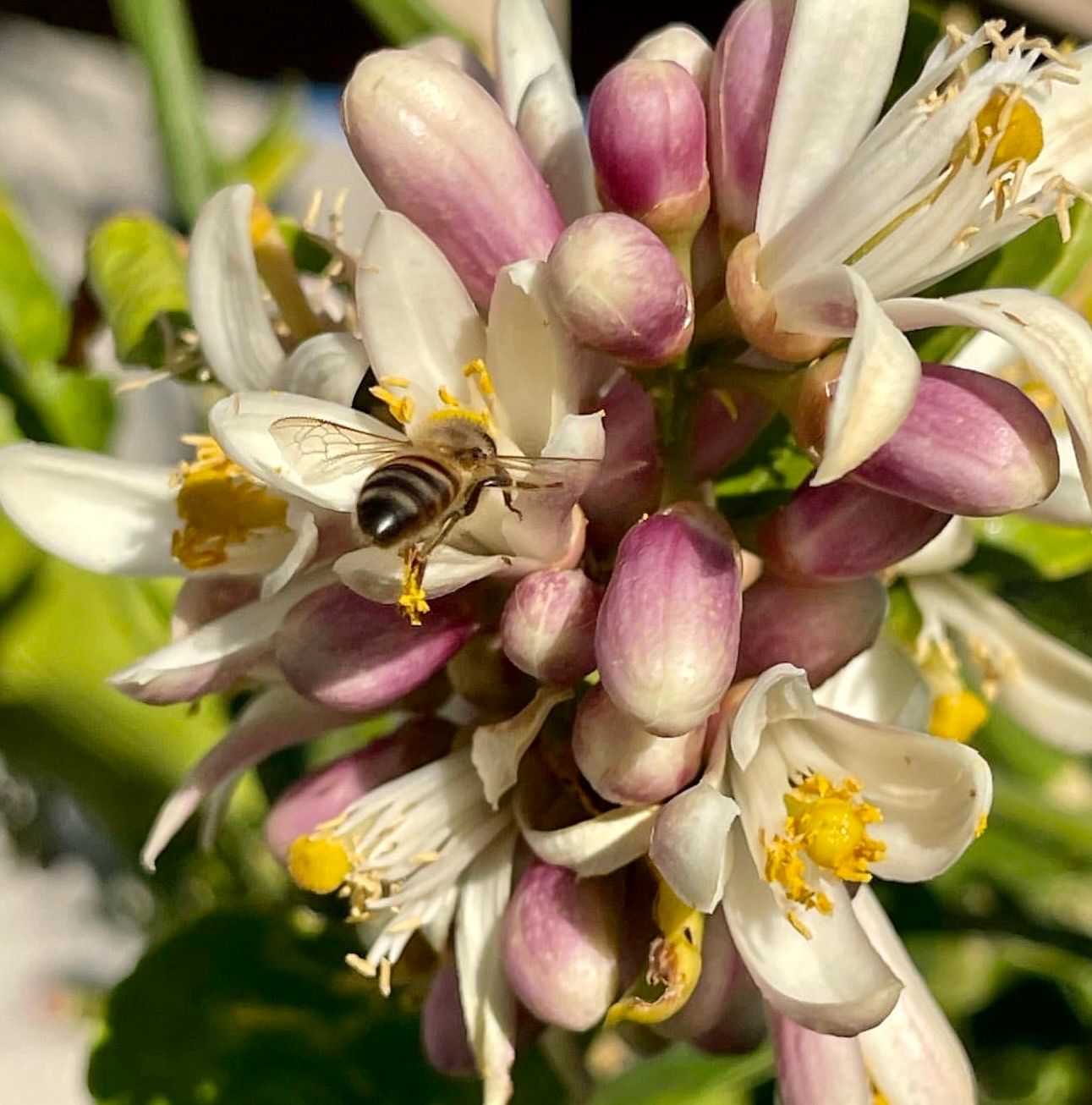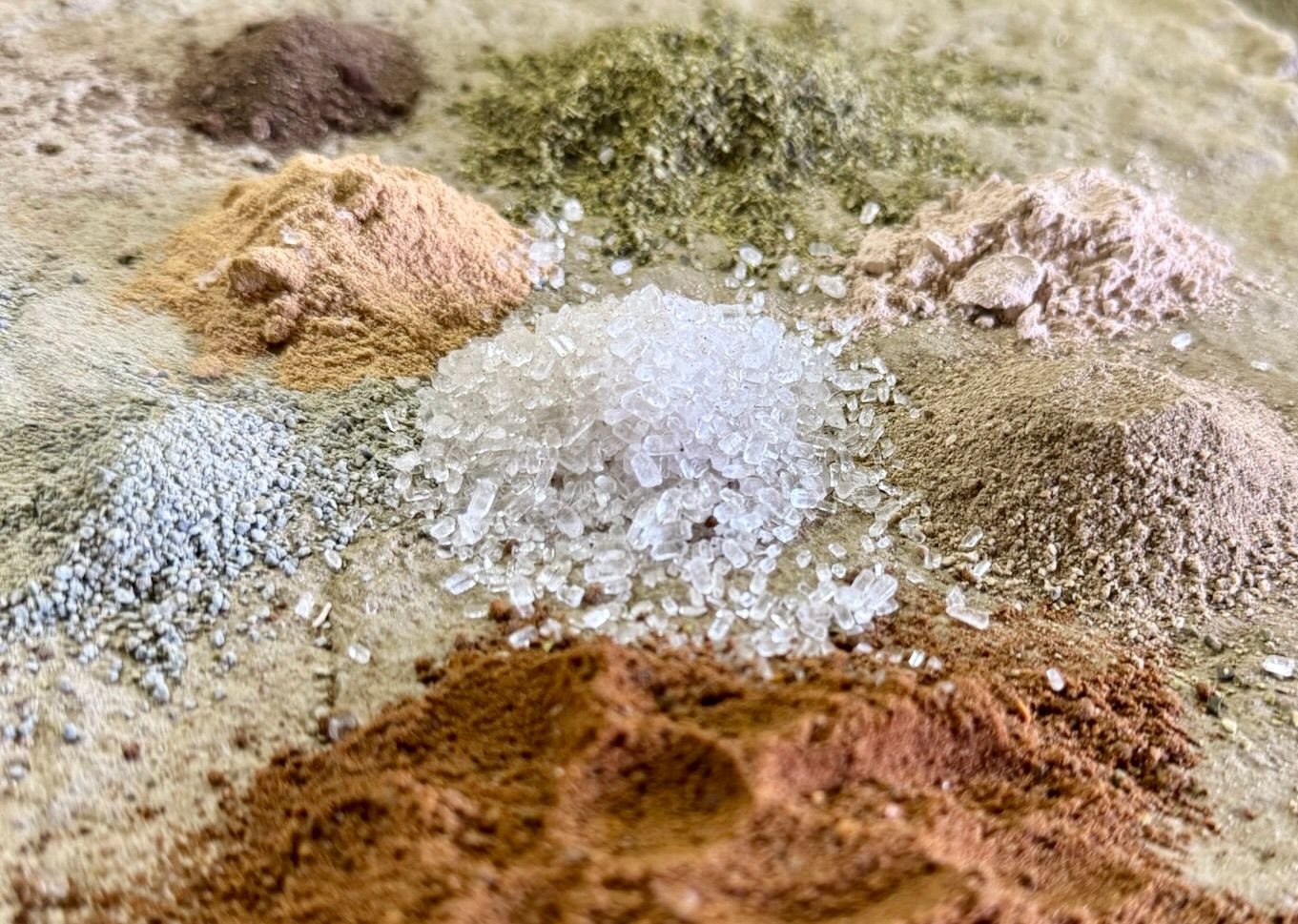Debunking Myths About Organic Fertilizers
Understanding Organic Fertilizers
In recent years, organic fertilizers have gained significant attention among gardeners and farmers. These natural fertilizers promise to enhance soil health and plant growth without the negative environmental impact associated with synthetic fertilizers. However, several myths surrounding organic fertilizers persist, leading to confusion and skepticism. In this post, we aim to debunk these myths and provide clarity on the benefits and limitations of organic fertilizers.

Myth 1: Organic Fertilizers Are Too Expensive
Yes, the upfront price tag on organic fertilizers can be higher than synthetic chemical fertilizers. But the true cost isn’t just what you pay today—it’s what happens over the years.
Organic fertilizers improve soil health, water-holding capacity, and microbial activity. This translates into plants that are more self-sufficient, with deeper roots and natural resistance to pests and diseases. That means less money spent on pesticides, fungicides, and repeat fertilizer applications. In the long run, organic fertilizers are actually more cost-effective.
Myth 2: They Work Too Slowly
Synthetic fertilizers release nutrients in a fast, water-soluble form. The result? Plants take up nutrients quickly and grow fast, but much of the fertilizer leaches away, polluting water supplies. This “quick hit” creates dependency: plants need frequent feedings to keep going.
Organic fertilizers release nutrients gradually as soil microbes break them down. While this slower start might not give you overnight results, it creates steady nutrition that plants can rely on. The payoff is long-term fertility, healthier soil, and plants that don’t burn out from artificial “forced feeding.”

Myth 3: All Organic Fertilizers Are the Same
Not all organic fertilizers are equal—each has unique benefits. A smart grower will mix and match based on crop needs and soil conditions. Some examples include:
Bat & Seabird Guano – Rich in nitrogen and phosphorus for vigorous growth, strong blooms, and fruiting. Excellent for boosting soil biology.
Kelp Meal – Supplies micronutrients and natural growth hormones, improving stress tolerance and root development.
Neem Meal – Provides slow-release nitrogen while also suppressing certain soil pests thanks to natural compounds in neem seeds.
Molasses – Feeds beneficial soil microbes, which in turn unlock nutrients and improve soil structure.
Mineralized Phosphate Powder – Supplies phosphorus and trace minerals for root strength and long-term fertility.
Volcanic Ash (Rock Dust) – Packed with a wide spectrum of trace minerals that remineralize depleted soils and support overall plant health.
Using these diverse inputs creates a balanced soil ecosystem—something synthetic fertilizers can’t do.

Myth 4: Synthetic Fertilizers Grow Better Plants
Synthetic fertilizers may push plants to grow faster, but this forced feeding comes at a cost. Plants grown with synthetic inputs often develop shallow root systems and weak cell structures. That rapid, unnaturally lush growth is actually more attractive to insects and makes plants more vulnerable to diseases.
In contrast, organic fertilizers encourage balanced growth. Plants take up nutrients at a natural pace, building stronger tissues and developing natural defenses. In the long term, that means fewer pest and disease problems, less spraying, and healthier crops.

The Environmental Advantage of Organic Fertilizers
Synthetic fertilizers are a major contributor to water pollution and soil degradation. Runoff from farms and gardens creates “dead zones” in waterways and disrupts ecosystems.
Organic fertilizers release nutrients slowly, minimizing runoff and protecting water quality. They also build soil organic matter, which improves water retention, reduces erosion, and stores carbon in the soil. Choosing organics is not just good for your plants—it’s good for the planet.
Final Thoughts
Organic fertilizers may look slower and costlier at first glance, but they’re an investment in soil health, plant strength, and long-term savings. With inputs like guano, kelp meal, neem meal, molasses, mineralized phosphate powder, and volcanic ash, you’re not just feeding your plants—you’re building a living, resilient soil ecosystem.
Synthetic fertilizers can’t replicate that. Their “quick fix” growth may look impressive, but it leaves plants weaker and soils depleted. By contrast, organic fertilizers give you stronger plants, healthier harvests, and a cleaner environment.
The truth is clear: organics aren’t just an alternative—they’re the smarter, more sustainable choice.

